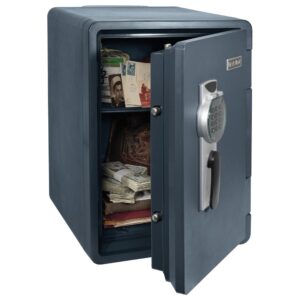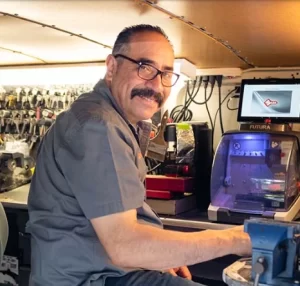
Consider the Size
When it comes to safes, size matters. Safes keep business and personal documents, passports, cash, coins, stamp collections, jewelry, guns, and other property safe from theft, tampering, fires, and floods. Choose one that’s right for the number and size of things you want to protect with some room left over to add things over time. Smaller safes are easier to conceal but if they can’t hold all you want to store in them, they’re not much good.
Don’t Scrimp on Quality
Get the highest-quality safe that meets your needs that you can afford. When weighing size vs. quality, giving up a few cubic inches for a better-built safe is worth the sacrifice. You might even consider more than one safe—a top-quality safe for some items and another for the rest. A gun safe is safest when it’s used only to store guns and ammo. If you need to get to your guns quickly, you don’t want to dig through mounds of paper or bags of jewelry.
Consider Portability
A portable safe can be carried out in an emergency if it’s not too heavy. Remember that if it can be carried by you, it can also be carried by thieves. Wall and floor safes are almost impossible to remove in a theft, and heavy floor safes are, too. Besides, they can look really cool as décor. But if the safe can’t be moved, it needs to withstand potential disasters like fires and floods, which leads to our next considerations.
Location, Location, Location
Even your safe needs to go in a safe place in your home. Floor safes are not safe when they’re at basement level when your hot tub or swimming pool floods and fills the basement. A safe located next to a patio door isn’t good planning either. Think the logistics of your safe placement through before you install it.
Know Your Safe’s Fire Rating
If your safe is too heavy to move, it needs to stand up to fire. A safe’s fire rating typically gives the amount of time it can withstand a direct flame of 1200° F before reaching an internal temperature of 350°. That’s the temperature at which paper begins to discolor and scorch before bursting into flames at 451°. Other things inside your safe can melt or burn at much lower temperatures, so be sure to take that into consideration. Statistics show that most home fires are extinguished within 20 minutes, but yours might be the fire that rages out of control. So plan for the worst.
How Burglar-Proof is the Safe?
Safe Burglar Resistance is measured by something called a “cash rating.” It looks at the strength of the safe, the complexity of the locking mechanism, and how hard it is to remove. Cash rating and fire rating are not related, so both should be taken into consideration.
What Kind of Lock Does It Have?
Good quality combination locks are harder to break into than keyed locks and you don’t have to worry about where you put the keys. Keys can be lost or inaccessible due to fire, flood, or other disaster. Make the combination easy to remember so you don’t forget it in stressful conditions.
A good safe is a good investment in your security and peace of mind. The pros at Alexius Security can help you choose the one that’s right for you. Once it’s installed, we can help you keep it properly maintained and assist you in changing combinations or keys and open it for you if you get locked out.
Our services go beyond simply working on locks. We can advise you about the best lock systems for your convenience and recommend security measures for your property, so give us a call at 303.617.3717 or use our online contact form for prompt, professional attention to your security needs.






